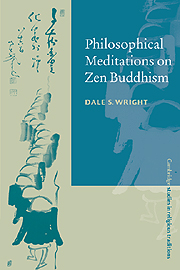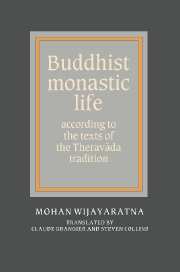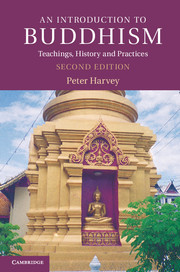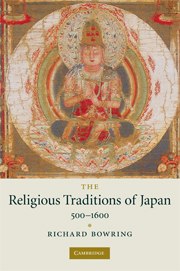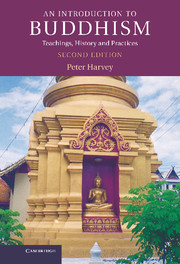Philosophical Meditations on Zen Buddhism
This book is the first to engage Zen Buddhism philosophically on crucial issues from a perspective that is informed by the traditions of Western philosophy and religion. It focuses on one renowned Zen master, Huang Po, whose recorded sayings exemplify the spirit of the "golden age" of Zen in medieval China, and on the transmission of these writings to the West. While deeply sympathetic to the Zen tradition, it raises serious questions about the kinds of claims that can be made on its behalf.
- Written in a style that is readable and useful to non-academics
- Books on Buddhism sell in English language bookstores to Western Buddhists, an unusually well-educated group
- Methodologically current yet highly readable book on a major figure in the Buddhist tradition
Reviews & endorsements
"This book...will be most attractive to those with interests at the interface of philosophy and Asian studies." Choice
"Required reading for all scholars and teachers of Asian religion, and highly recommended for advanced students." Religious Studies Review
Product details
November 1998Hardback
9780521590105
244 pages
236 × 160 × 21 mm
0.493kg
Available
Table of Contents
- 1. Textuality: the 'dependent origination' of Huang Po
- 2. Reading: the practice of insight
- 3. Understanding: the context of enlightenment
- 4. Language: the sphere of immediacy
- 5. Rhetoric: the instrument of meditation
- 6. History: the genealogy of mind
- 7. Freedom: the practice of constraint
- 8. Transcendence: 'going beyond' Huang Po
- 9. Mind: the 'Great Matter'of Zen
- 10. Enlightenment: the awakening of mind
- Conclusion: Zen in theory and practice.

